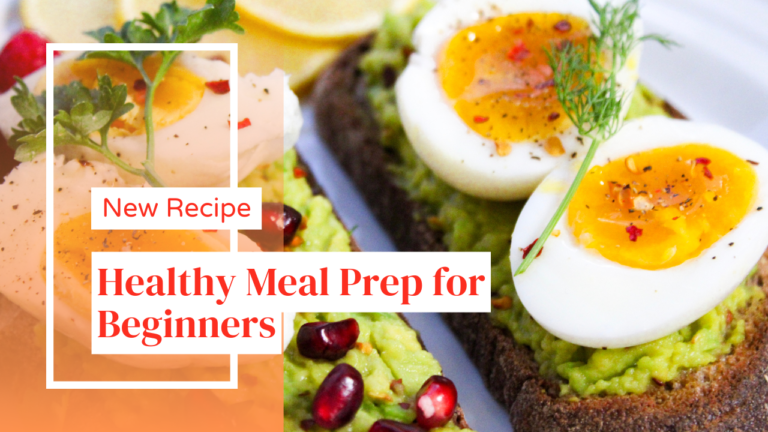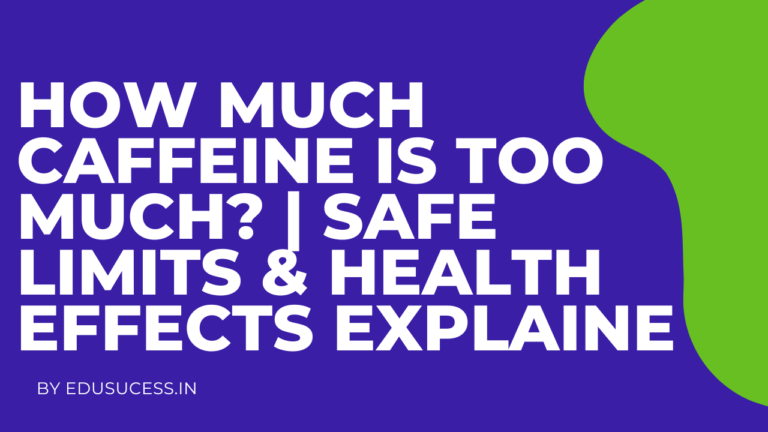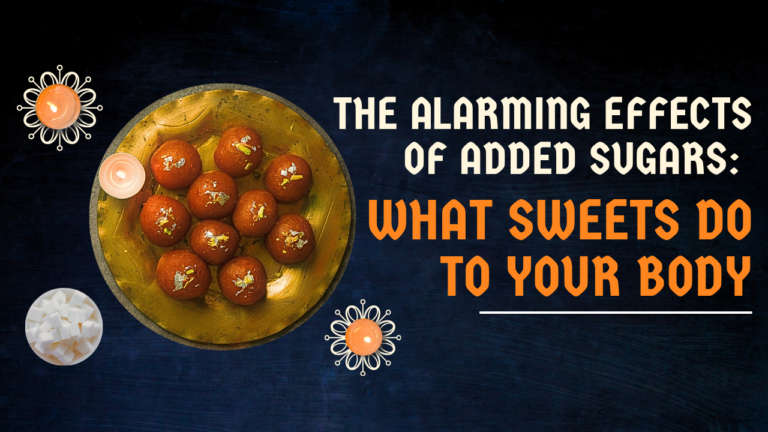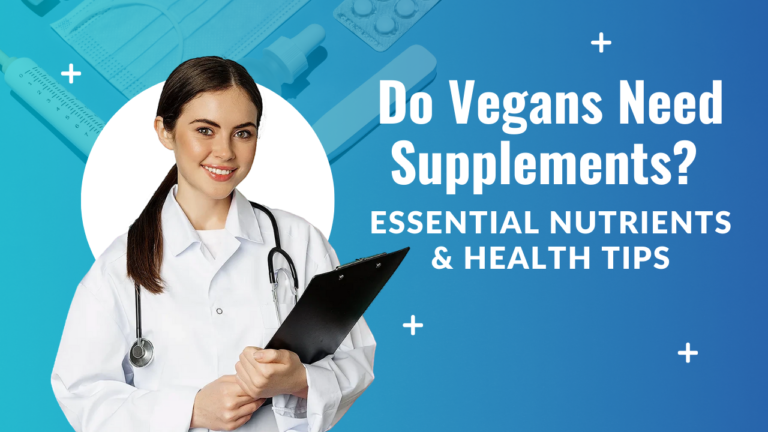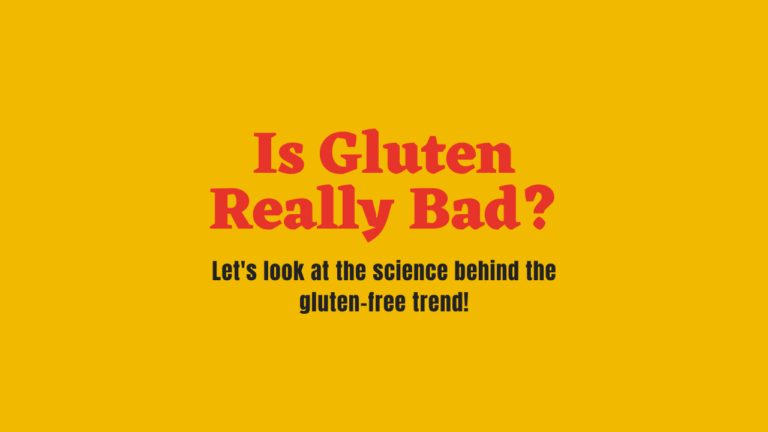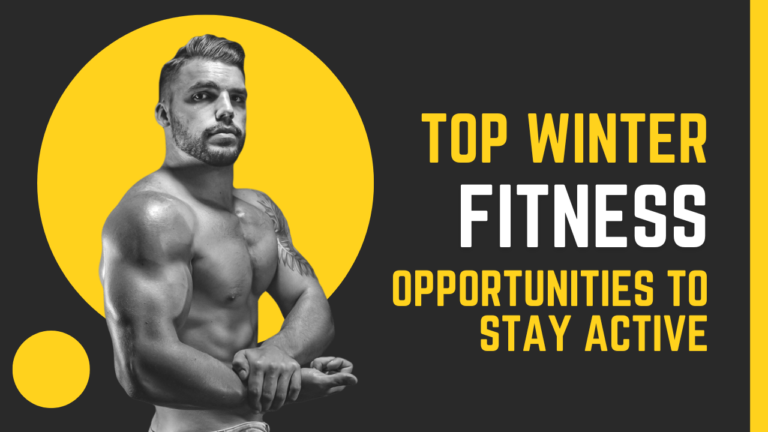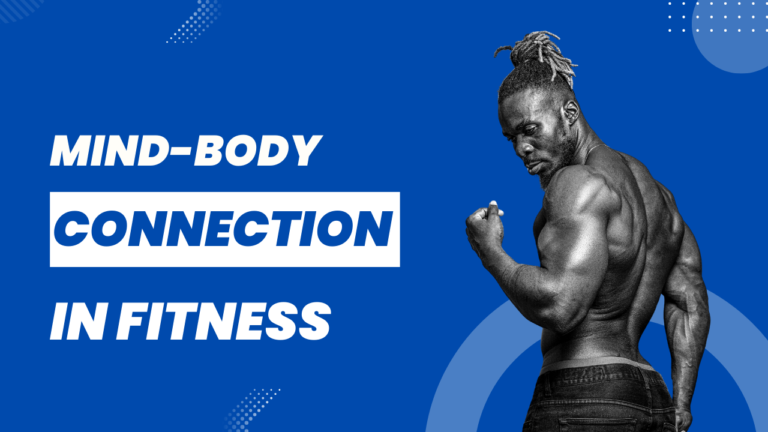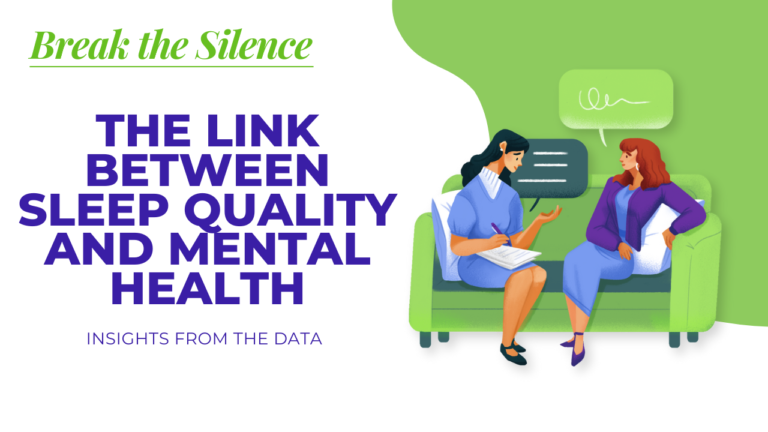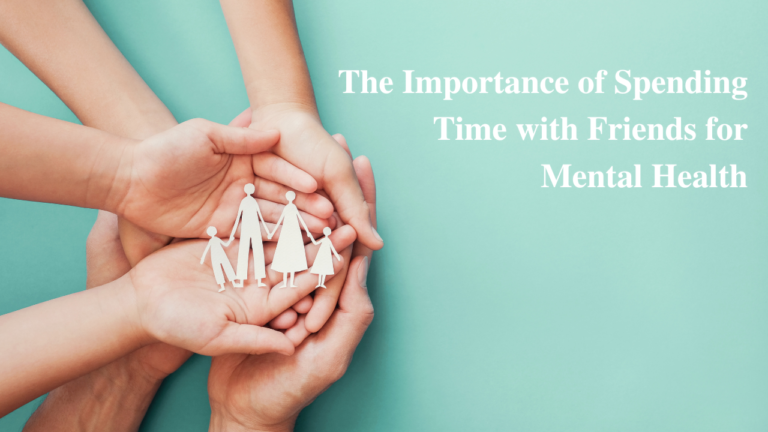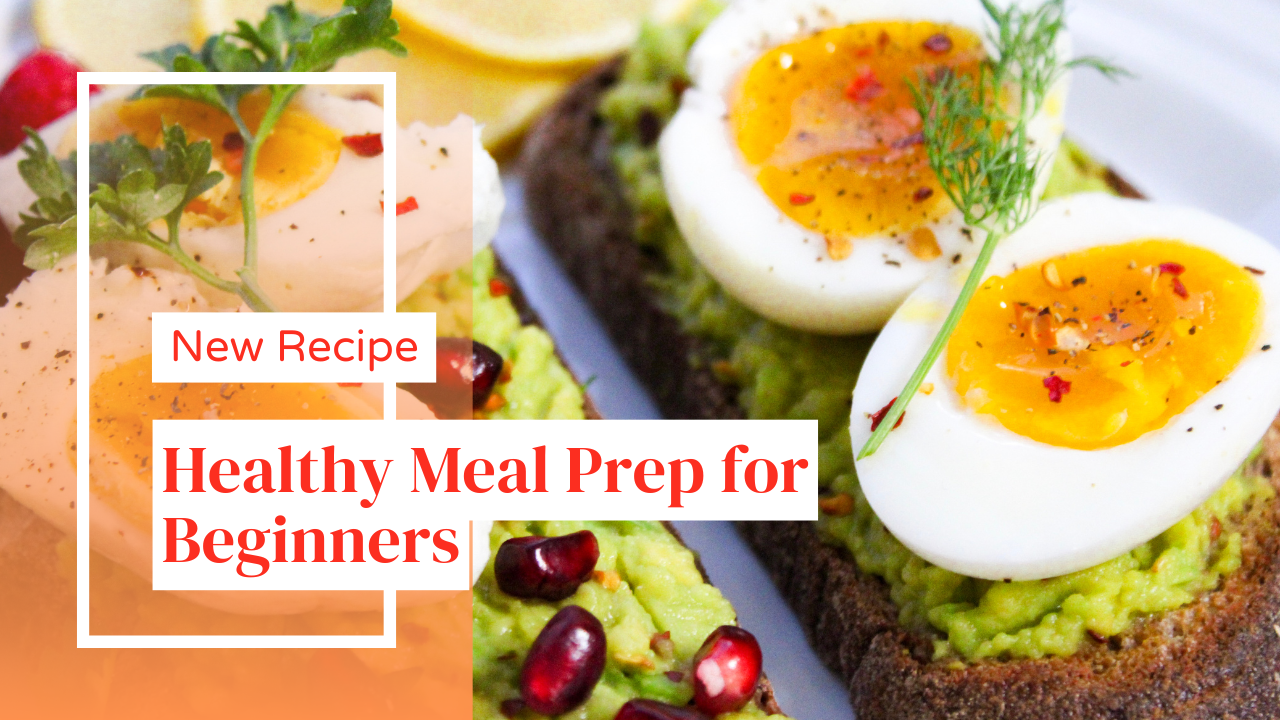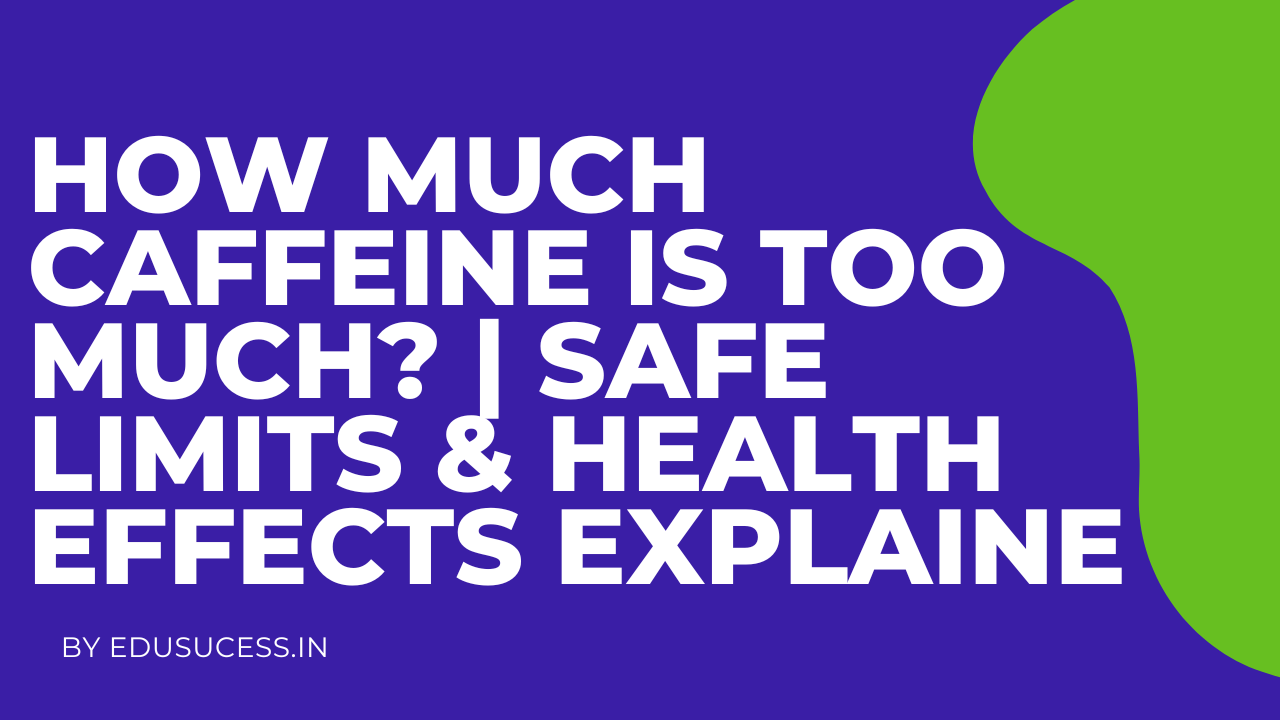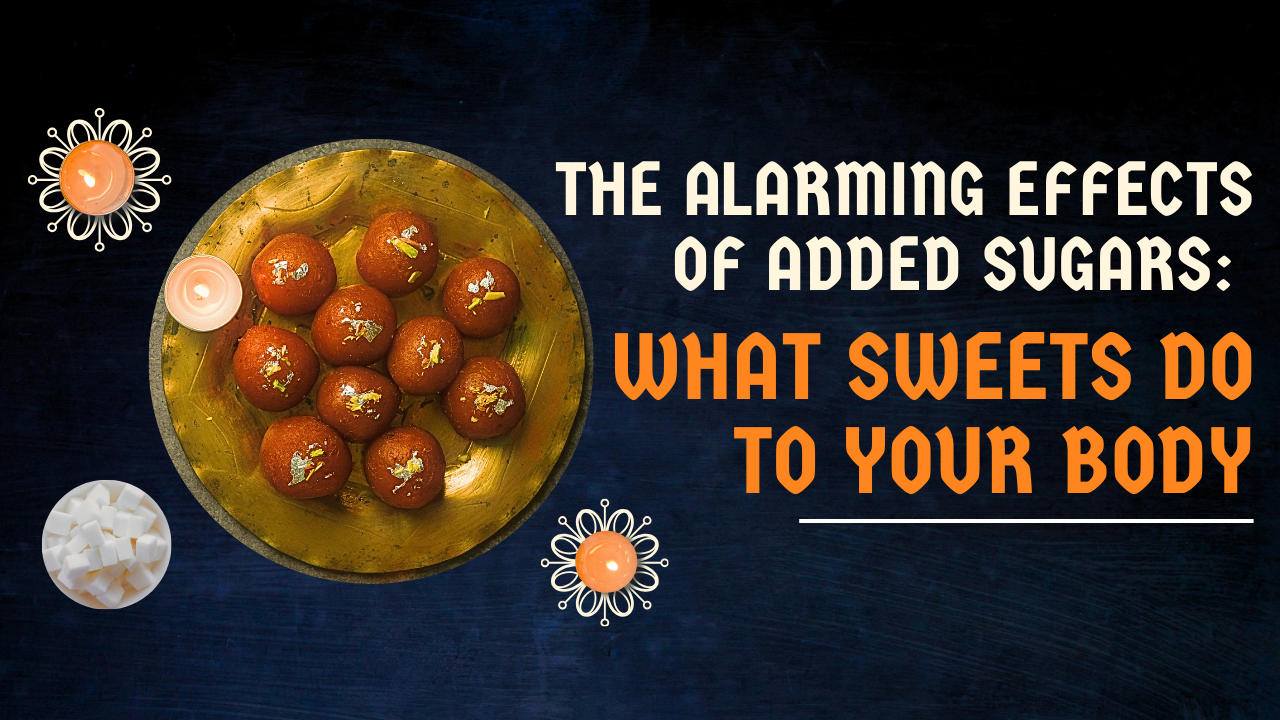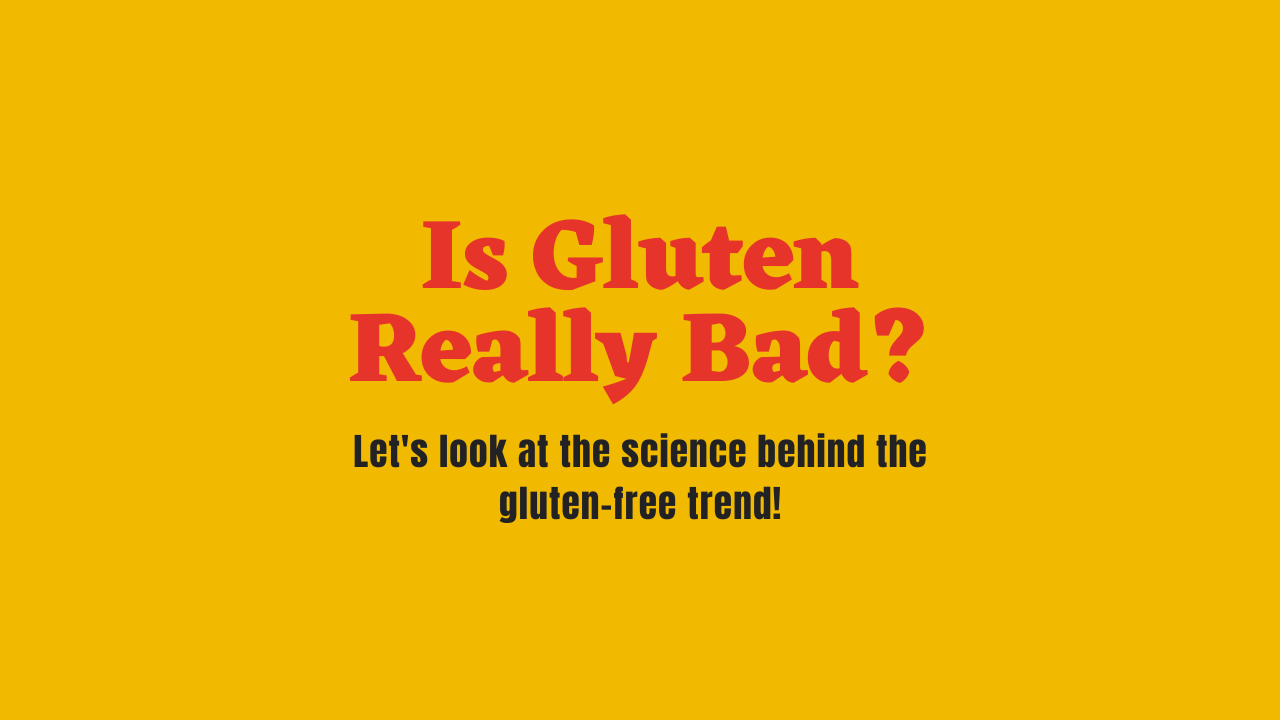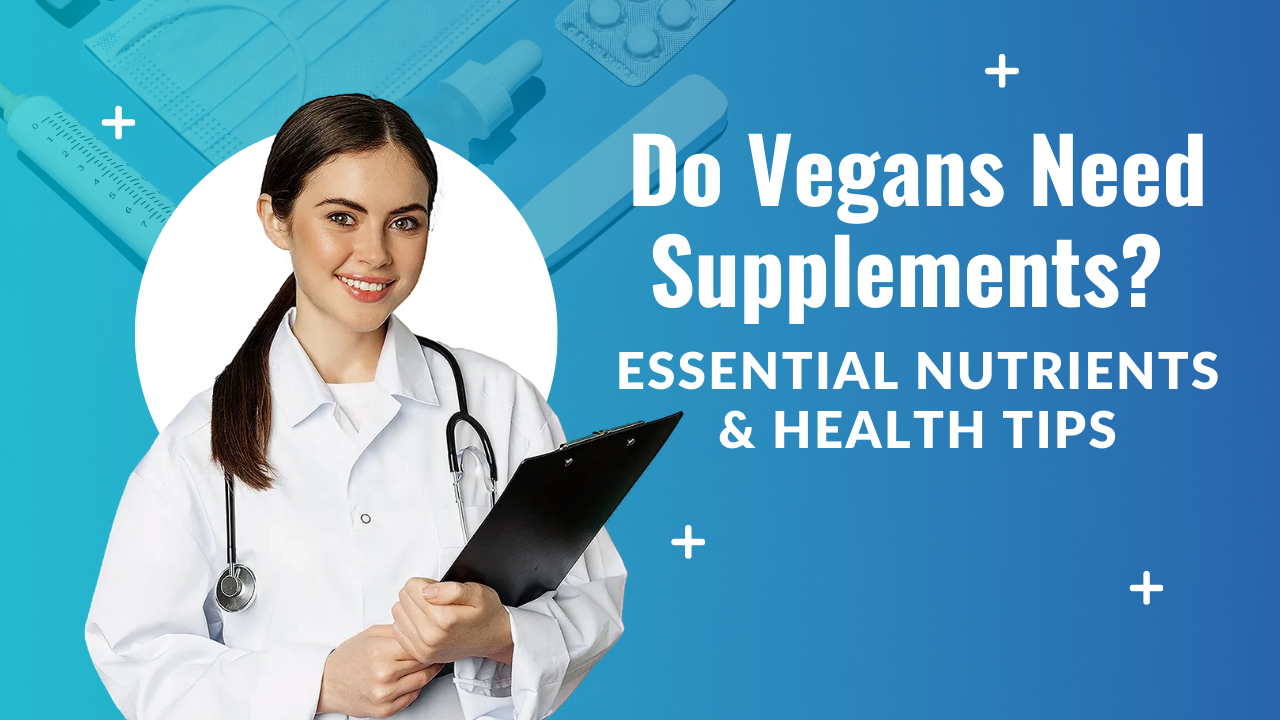
As veganism continues to rise in popularity, many people are making the switch to plant-based diets for ethical, environmental, and health reasons. While a well-balanced vegan diet can provide numerous health benefits, some essential nutrients are harder to obtain solely from plant-based sources. This raises a crucial question: Do vegans need supplements?
In this article, we’ll explore essential nutrients that may require supplementation, tips for maintaining a balanced vegan diet, and ways to ensure optimal health on a plant-based lifestyle.
Why Supplements Might Be Necessary for Vegans
A vegan diet excludes all animal products, which can lead to potential nutrient deficiencies if not carefully planned. While plant-based foods offer many vitamins, minerals, and antioxidants, certain nutrients are predominantly found in animal products. Below are the key nutrients vegans should be mindful of:
1. Vitamin B12
- Why it’s important: Vitamin B12 is essential for brain function, red blood cell production, and DNA synthesis.
- Sources: Found naturally in animal products, it’s scarce in plant-based foods.
- Supplementation: Vegans are strongly advised to take a B12 supplement or consume B12-fortified foods like plant-based milk, cereals, and nutritional yeast.
2. Omega-3 Fatty Acids (EPA and DHA)
- Why it’s important: Omega-3s support brain health, heart health, and reduce inflammation.
- Sources: Flaxseeds, chia seeds, hemp seeds, and walnuts provide ALA (a precursor to EPA and DHA).
- Supplementation: Since the conversion of ALA to EPA and DHA is inefficient, vegans can benefit from algae-based omega-3 supplements.
3. Iron
- Why it’s important: Iron is crucial for oxygen transport and energy production.
- Sources: Lentils, chickpeas, tofu, spinach, and fortified cereals offer non-heme iron, which is less easily absorbed than heme iron from animal sources.
- Supplementation: Vegans with low iron levels may need supplements. Pairing iron-rich foods with vitamin C enhances absorption.
4. Calcium
- Why it’s important: Calcium is necessary for strong bones and teeth, as well as muscle function.
- Sources: Leafy greens (kale, bok choy), almonds, tahini, and fortified plant-based milks are good options.
- Supplementation: A calcium supplement can be helpful, especially for those not consuming enough fortified foods.
5. Vitamin D
- Why it’s important: Vital for bone health and immune function.
- Sources: Sunlight exposure is the best source, but it’s limited in certain climates and seasons.
- Supplementation: Vegans should consider a vitamin D2 or D3 supplement (vegan D3 is derived from lichen).
6. Zinc
- Why it’s important: Zinc supports immune function, wound healing, and DNA synthesis.
- Sources: Legumes, nuts, seeds, and whole grains are good plant-based sources, though bioavailability can be lower.
- Supplementation: A zinc supplement might be needed, particularly during periods of increased physical demand or stress.
7. Protein
- Why it’s important: Protein is necessary for muscle repair, immune health, and overall body function.
- Sources: Tofu, tempeh, legumes, quinoa, seitan, and plant-based protein powders.
- Supplementation: While most vegans meet their protein needs through food, protein powders can be a convenient option for athletes or those with higher protein requirements.
Health Tips for Vegans to Stay Nutritionally Balanced
- Eat a Variety of Whole Foods: Incorporate a mix of fruits, vegetables, whole grains, legumes, nuts, and seeds.
- Focus on Fortified Foods: Many plant-based products are fortified with vitamins and minerals, making it easier to meet daily nutrient needs.
- Plan Your Meals: Balanced meal planning ensures you get all the essential nutrients.
- Regular Health Checkups: Routine blood tests can identify potential deficiencies early.
- Consult a Dietitian: A registered dietitian can provide personalized advice tailored to your dietary needs.
Conclusion
While vegan diets offer numerous health benefits, they require mindful planning to prevent nutrient deficiencies. Supplements like vitamin B12, omega-3s, iron, and calcium can help bridge any nutritional gaps. By incorporating fortified foods and staying informed about your nutrient intake, you can thrive on a vegan diet and enjoy long-term health benefits.
